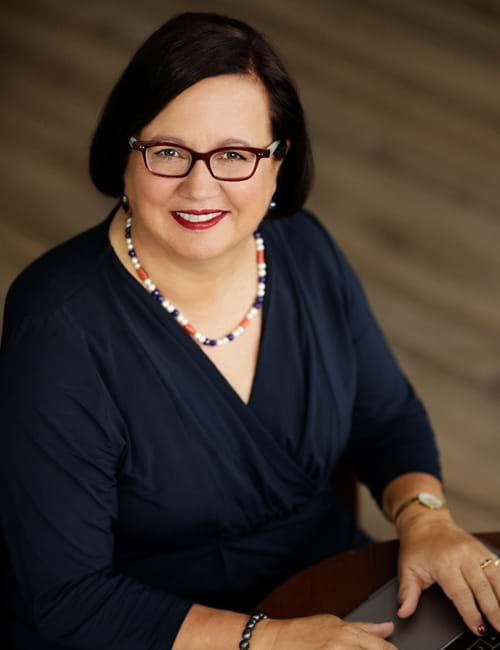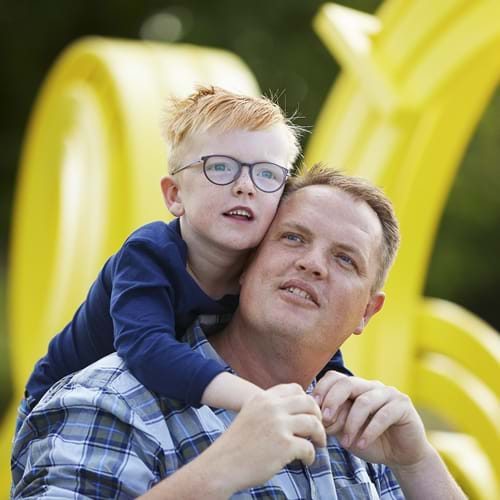Roslyn N. Boyd
Professor Roslyn N. Boyd works as a Paediatric Physiotherapist, Neuroscientist and Clinical Trialist at the University of Queensland.
She holds a PhD in Neuroscience from La Trobe University in Melbourne, MSc (Physiotherapy) from the University of East London, Post grad Diploma in Biomechanics from Strathclyde University, BAppSc (Physiotherapy) from University of Sydney (Cumberland College), BSc (Anatomy) from the University of New South Wales.

Roslyn Boyd is a professor of Cerebral Palsy Research, Faculty of Medicine, The University of Queensland, Scientific Director of the Queensland Cerebral Palsy and Rehabilitation Research Centre, Chief Investigator on the Australasian Cerebral Palsy Clinical Trials network and the Queensland Early Detection and Early Intervention network.
Professor Boyd has primary training in Physiotherapy (Pediatrics, Neurological, Neonatal, Orthopaedics) with post graduate training in Biomechanics (Pgrad) and Neuroscience (PhD). She has an international track record in conducting randomised clinical trials in the field of cerebral palsy (on the efficacy of upper limb rehabilitation, early intervention and Botulinum toxin A).
Studies and achievements
Dr Boyd’s studies have combined clinical outcomes with an understanding of the mechanisms underpinning response to intervention with novel use of Advanced Brain Imaging (functional MRI, Diffusion Imaging, Functional Connectivity, CP connectome).
Her strong collaborations in neuroscience have enabled the development of novel rehabilitation trials in Action Observation training, multi-modal web based training (Qld E Brain program) and environmental enrichment for infants, children and youth with Cerebral Palsy.
Dr Boyd has achieved 12 NHMRC project grants (4 as CIA, 6 as CIB and two as CIC) 2 NHMRC partnership grants and is CIA on an NHMRC Clinical Centre of Excellence.
